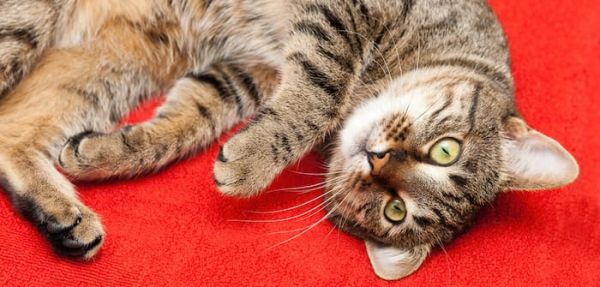|
Are you aware of some of the potential doggy dangers out there? We've compiled a quick list for you below.
This list is not complete and these are just a few of the hazards we find people forget about or are not aware of.
Grapes, sultanas and raisins: induce kidney failure in some dogs
Macadamia nuts: cause weakness, vomiting and diarrhoea
Avocados: lead to a stomach upset and the pip can also cause an obstruction if ingested
Onions, leeks, garlic and chives: ingestion leads to destruction of red blood cells
Chewing gum: contains Xylitol and this can cause weakness and seizures
Apricot, cherry and peach pips and apple seeds: contain cyanide and may cause poisoning
Corn on the cob: the corn might be digested, but the cob may lodge in the small intestine causing a blockage
Chocolate: you've probably heard this before, but remember chocolate is toxic to dogs and ingestion of just a small amount can be fatal - cooking chocolate and dark chocolate are the most dangerous
Rodent bait: can lead to blood clotting problems 3-14 days after ingestion
Snail bait: can cause seizures and even death
Stockings, undies, socks: are all attractive to dogs and can cause a nasty intestinal obstruction
If you think your dog might have ingested something that's on this list you should seek veterinary advice immediately.
|
